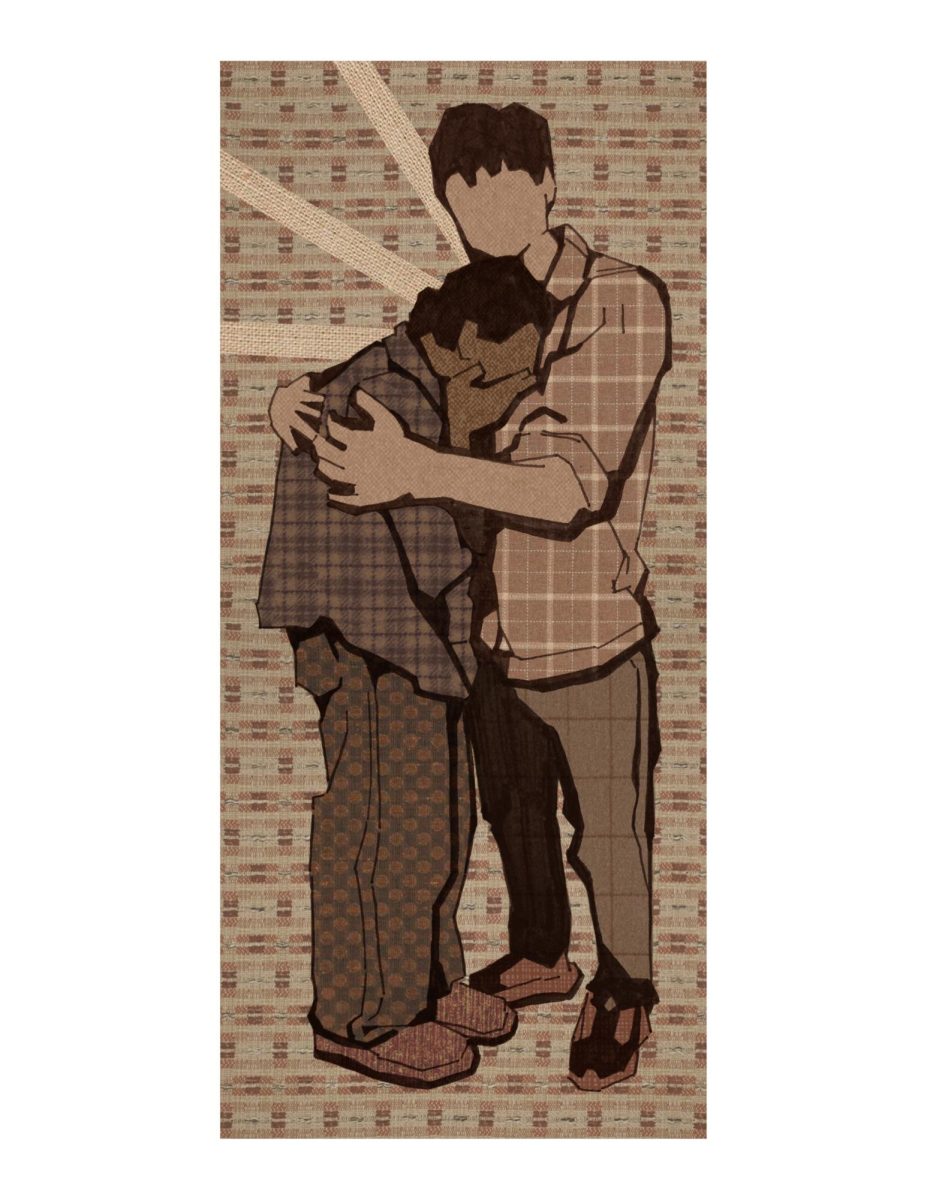The word “sorry” has become a common addition to our everyday vocabulary and has begun to lose its meaning.
Last week, I found myself in an overly-apologetic mood as I made my way through Target. There were more workers than normal restocking the shelves and obstructing the aisles. I did my best to weave my cart through the workers and avoid conflict, but the time came where one man was completely blocking my way. I looked at him and muttered an innocent, “Sorry,” followed by a nervous laugh, even though he was the one in my way.
WHY WE APOLOGIZE
The New York Times and TIME published articles discussing why people, specifically women, feel the need to apologize for their actions, no matter how polite they are. In 2010 the Journal of Psychological Science published a study concluding women apologize more than men because “women have a lower threshold for what constitutes offensive behavior.”
Comedian Amy Schumer recently joked in a sketch about an overly apologetic women’s conference. Pantene released a video called “Not Sorry” as part of their #ShineStrong campaign. The video showed interactions where women said “sorry” unnecessarily at home, in public and in the workplace.
IMPACT ON SOCIAL INTERACTION
The topic gets attention in the media, yet not many people recognize how much it impacts social interactions. But not just women who overuse the word “sorry.” At Biola, I frequently hear both men and women inserting “sorry” into every sentence imaginable.
Why do people feel the need to soften the blow of every comment or question they make? Lindsey Stanberry wrote a piece for Refinery29 asking her coworkers to count the number of times they used “sorry” in one day. Most of them said they used it so they would not come off rude or aggressive, like they were nagging. One woman said she apologized the most for things out of her control.
If we explained why we said sorry every time we said it, we might see how silly we sound. At home it would sound like, “I’m sorry for asking you to pass the salt” or “I’m sorry for asking you to move out of my way.” At school it might be, “I’m sorry for wanting to contribute to this class discussion” or “I’m sorry for asking for clarification.” “Sorry” is simply not necessary in any of those contexts.
GRAVITY AND MEANING LOST
When people overuse “sorry,” not only is the gravity and meaning of the word lost, but the person saying it seems unconfident. There is a sense of self-deprecation in an apology for actions that do not require one. “I’m sorry for talking so much” has a more negative connotation than “thank you for listening.”
Paul wrote in Ephesians 4:23 that as Christians, we are called to be kind to one another. We take preventative measures to avoid seeming mean, rude or bossy. Does using “sorry” really help us seem kind, or does it compromise our confidence? We can be polite and direct without apologizing. If someone is in our way, say “pardon me.” If you have something to say, just say it. If you are late to meet with a friend, thank them for their patience. Let us speak with gentleness, but remain bold.







